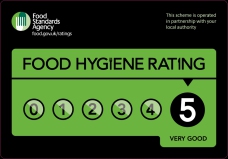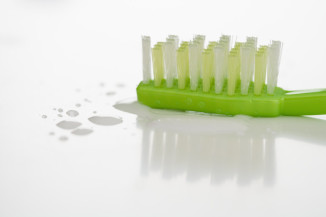PARENTAL ADVICE ON ORAL HYGIENE
Tooth
decay
Tooth decay is largely preventable yet it remains a serious problem.
Poor dental health impacts not just on the individual’s health but also their wellbeing and that of their family. Children who have toothache or who need treatment may have pain, infections and difficulties with eating, sleeping and socialising.
A quarter of 5 year-olds have tooth decay when they start school. Children who have toothache or who need treatment may have to be absent from school and parents may also have to take time off work to take their children to a dentist or to hospital.
Oral health is therefore an important aspect of a child’s overall health status and of their school readiness.
Risk factors for tooth decay
Tooth decay results from the destruction of the hard tissues of the tooth by acids produced in the mouth when bacteria in dental plaque metabolises dietary sugars. Repeated and prolonged acid attacks will eventually cause the tooth surface to weaken and a hole or cavity will form which may lead to pain and infection.
The risk of tooth decay increases as a child’s diet starts to include foods and drinks other than breast milk or formula, depending on the free sugar content.
Every child who has teeth is at risk of tooth decay, but the risk increases for those living in the more deprived areas where the imbalance in income, education, employment and neighbourhood circumstances affect the life chances of children’s development.
Children are more at risk of developing tooth decay if they are:
- eating a poor diet
- brushing their teeth less than twice per day with fluoride toothpaste
- from deprived backgrounds









